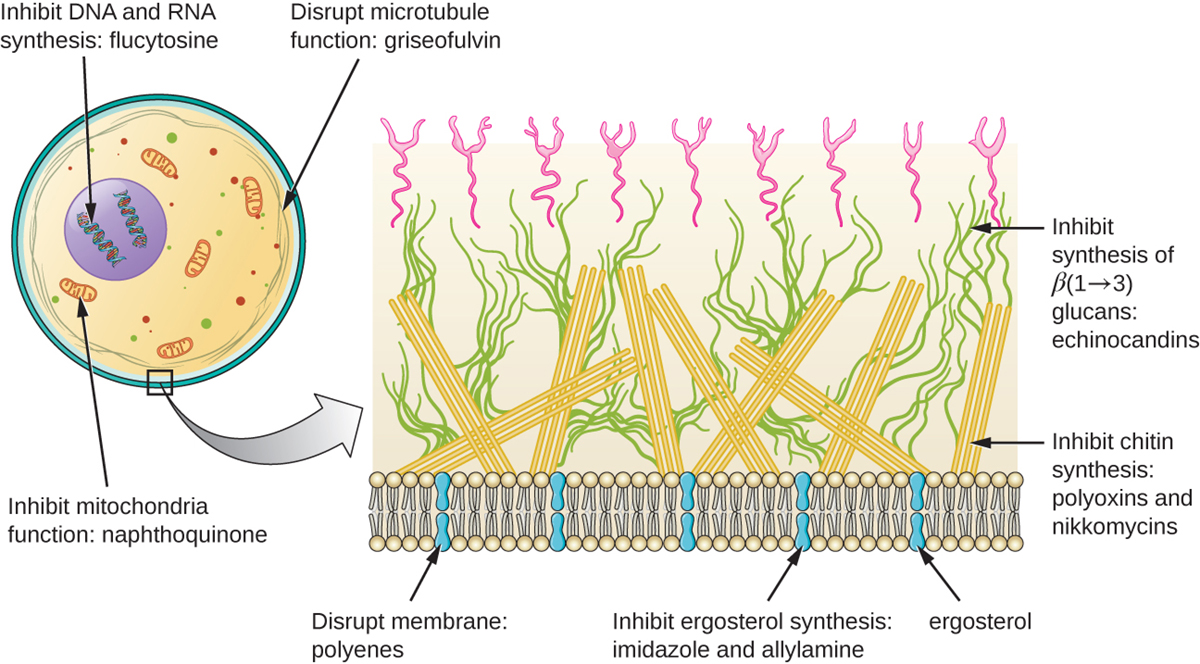
General Information about Yeast Infection
Yeast infection or candidiasis is an infection caused by a fungus called Candida. This specific type of fungus is in many cases responsible for vaginal candidiasis and vaginitis. This yeast is normally found on the skin, in the mouth, in the digestive tract and in the vagina. Once the immune response of the body reduces the fungi start to grow uncontrollably and cause symptoms and signs of the infection.
There are many strains of Candida that may cause infection including Candida albicans, Candida glabrata, Candida tropicalis and Candida krusei. However, in majority of cases (up to 80%) patients suffer from infection caused by Candida albicans.Treatment for Yeast Infection
Yeast microbes in the gastrointestinal tract can be kept under control with probiotics (positive microorganism). Furthermore, patients may benefit from a variety of over-the-counter medications such as creams, lotions, pills, lozenges and suppositories for the vagina. These medications can be simply classified into two classes.
The first class includes drugs based on Azole such as fluconazole and miconazole. They are prescribed for treatment against generic Candida albicans. These medications inhibit synthesis of ergosterol, a part of the yeast wall, hence inhibit reproduction of fungi.
The second class of antifungal medications are polyene antifungal medications such as nystatin and amphotericin B. Such medications penetrate ergosterol yeast cell and create artificial holes in the yeast wall. This way the fungi get damaged and die.
It is essential to consult a doctor prior to taking any of the previously mentioned medications. They can be used once the diagnosis of yeast infection is definitely confirmed with specific tests. Furthermore, many people may be wrong and think they are suffering from yeast infection and take certain antifungal medications and still the symptoms and signs of the underlying condition will not improve. In this case it is highly likely one is not suffering from yeast infection at all.
Some antifungal medications have certain side effects and in case some of them occur the treatment must be discontinued. This particularly refers to allergic reactions to administered medication.
Even after eradication of the fungi there is a chance of a disease recurrence. This is why it is essential to boost one's immune system and prevent recurrence of yeast infection. The diet should be balanced, one should engage in any kind of regular physical activity and he/she may also consult a doctor regarding vitamin or mineral supplements or even certain remedies that may increase the strength of the immune system. The most serious problems connected with yeast infection occur in immunodeficient patients (those suffering from cancers, HIV/AIDS and patients on prolonged immunosuppressive treatment).







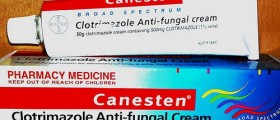




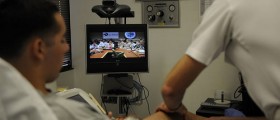
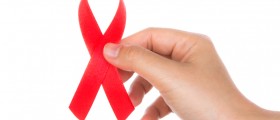


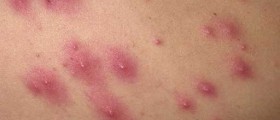
Your thoughts on this
Loading...